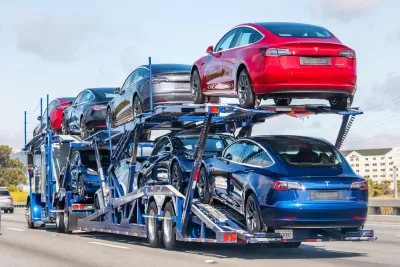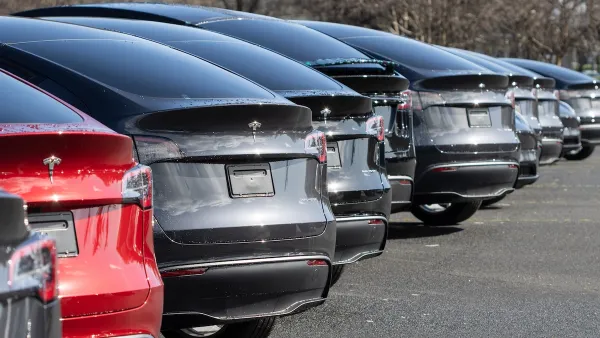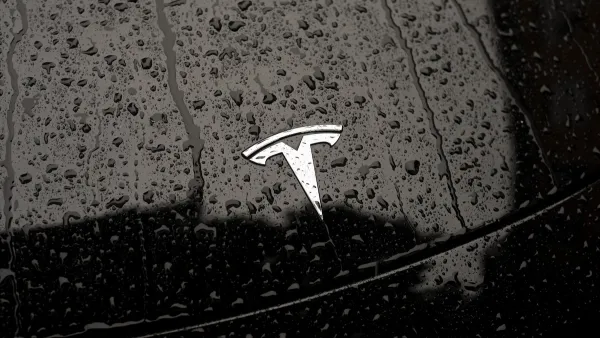Thousands of leaked safety complaints about the electric carmaker reveal a pervasive effort to hide problems from the public and prevent customers from filing lawsuits.

A data leak containing thousands of internal Tesla documents outlining safety complaints with the company’s automated driving technology shows that problems may be more widespread than previously thought, according to an article by Russ Mitchell in the Los Angeles Times.
The leaked files “spotlight Tesla’s attempts to keep safety complaints secret and what appears to be a strategy to limit customer communications that might end up in lawsuits,” Mitchell writes, highlighting four key points from the first article published about the leak in the German newspaper Handelsblatt. The documents, which include thousands of customers complaints about Tesla vehicles, reveal a systematic effort to avoid communicating with customers in writing, with the company advising employees explicitly, “Do not copy and paste the report below into an email, text message, or leave it in a voicemail to the customer.”
Tesla has also historically tried to prevent customers from publicizing their complaints. “As far back as 2016, the National Highway Traffic Safety Administration had to announce that customers were allowed to publicize safety issues after reports that Tesla was requiring customers to sign nondisclosure agreements to qualify for warranty repairs on problematic Model S suspension systems.”
The leaked documents could become evidence in lawsuits against the company “and could prompt state and federal regulators to finally take action,” says Mitchell. Tesla is already under investigation by the federal government and came under fire in California for using the term “Full Self-Driving,” which can be misleading to consumers.
FULL STORY: Huge Tesla data leak reportedly reveals thousands of safety complaints. 4 things to know

Maui's Vacation Rental Debate Turns Ugly
Verbal attacks, misinformation campaigns and fistfights plague a high-stakes debate to convert thousands of vacation rentals into long-term housing.

Planetizen Federal Action Tracker
A weekly monitor of how Trump’s orders and actions are impacting planners and planning in America.

In Urban Planning, AI Prompting Could be the New Design Thinking
Creativity has long been key to great urban design. What if we see AI as our new creative partner?

Making Shared Micromobility More Inclusive
Cities and shared mobility system operators can do more to include people with disabilities in planning and operations, per a new report.

Car Designs Make it Harder to See Pedestrians
Blind spots created by thicker pillars built to withstand rollover crashes are creating dangerous conditions for people outside vehicles.

Cal Fire Chatbot Fails to Answer Basic Questions
An AI chatbot designed to provide information about wildfires can’t answer questions about evacuation orders, among other problems.
Urban Design for Planners 1: Software Tools
This six-course series explores essential urban design concepts using open source software and equips planners with the tools they need to participate fully in the urban design process.
Planning for Universal Design
Learn the tools for implementing Universal Design in planning regulations.
Appalachian Highlands Housing Partners
Gallatin County Department of Planning & Community Development
Heyer Gruel & Associates PA
Mpact (founded as Rail~Volution)
City of Camden Redevelopment Agency
City of Astoria
City of Portland
City of Laramie





























